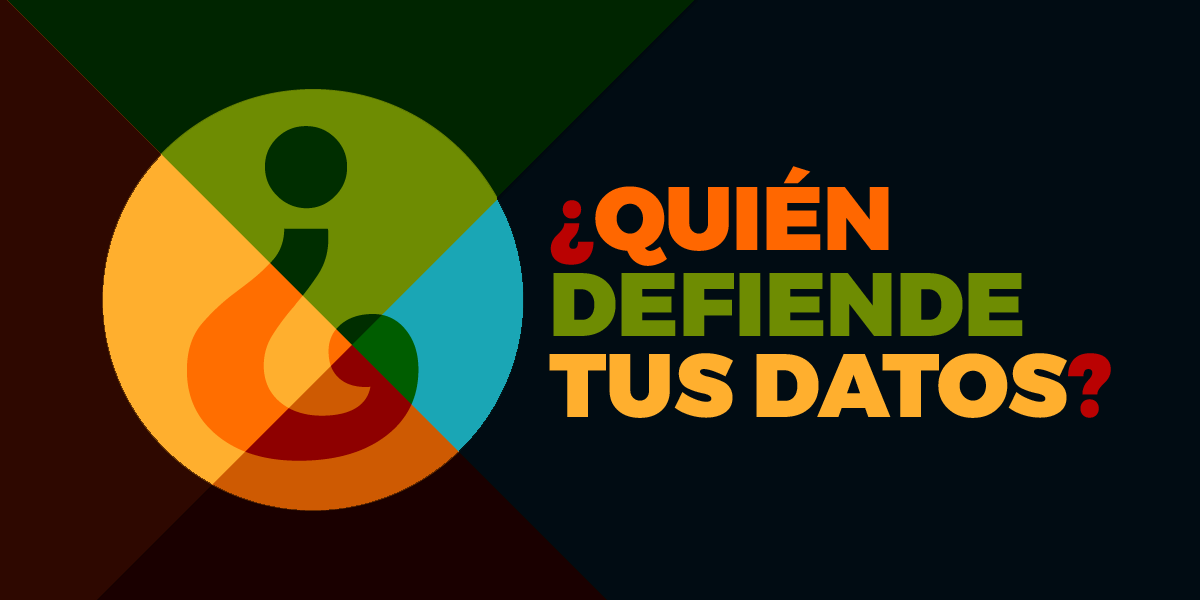Rating Internet Companies' Privacy Policies Around the World
Companies should not hand over data to governments unless they receive a legal request, and should follow national law and human rights standards when complying with such requests. Whether for fear of retribution or loss of standing, local ISPs have traditionally been reluctant to question government requests for user information or notify users when their information has been passed on to the government.
Based on EFF’s “Who Has Your Back” project, ¿Quién defiende tus datos? is a project to hold companies accountable to their users, by comparing their privacy practices—especially when it comes to government data demands. Starting in 2015, it has spread over the years to ten different countries, with local digital rights groups adapting its approach to the local laws and realities. Through their annual reports, Fundación Karisma (Colombia), R3D (México), Hiperderecho (Peru), Internet Lab (Brazil), Derechos Digitales (Chile), TEDIC (Paraguay), ADC (Argentina), Eticas Foundation (Spain) and IPANDETEC (Panama and Nicaragua) serve as their country’s watchdogs, pressing their local ISPs to defend their users’ privacy, and encouraging competition over who takes the strongest stance. People are increasingly considering company policies, and not just price, to determine which services they use. ¿Quién defiende tus datos? provides objective criteria to guide users' choices and to nudge companies to improve their privacy and transparency policies.


















